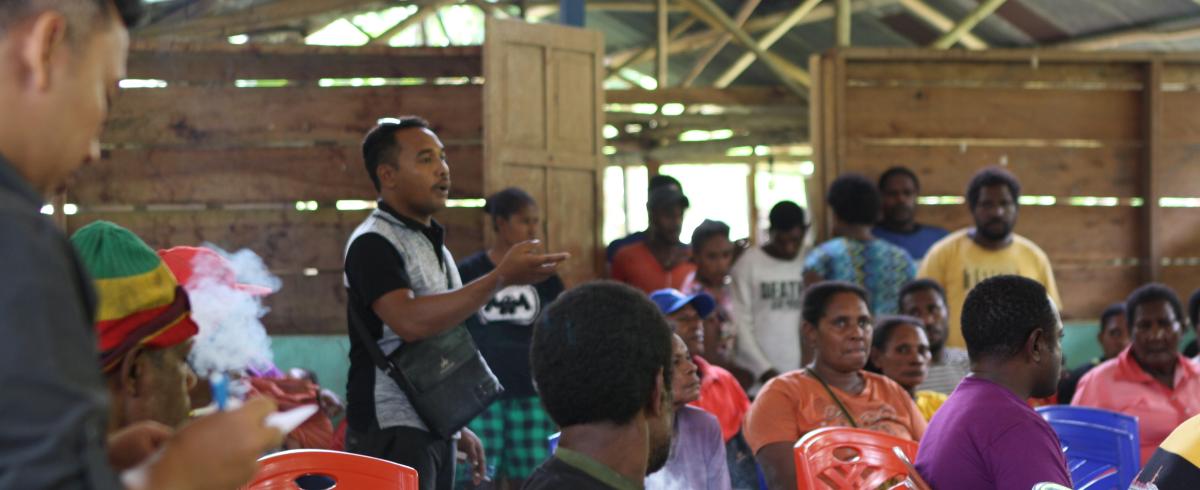Fish Forever: Coastal 500
The Coastal 500 is the largest global network of Mayors and local government leaders committed to work towards thriving and prosperous coastal communities. They are united on recovering and sustaining coastal seas, sharing best practices and key lessons worldwide. It aims to help all members achieve sustainable fisheries that build community prosperity while safeguarding the environment.

